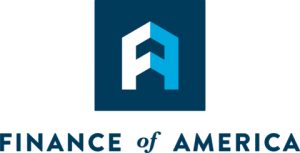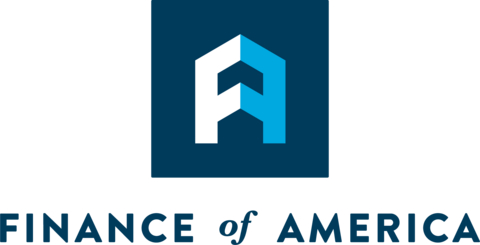—
In a significant development, the Federal Housing Administration (FHA) has unveiled crucial revisions pertaining to the Home Equity Conversion Mortgage (HECM) program. These adjustments are designed to enhance market stability and reinforce the FHA’s commitment to serving senior citizens through the HECM program.
The FHA’s primary focus is to ensure that HECM borrowers receive their rightful payments as outlined in the HECM loan documents. Section 255 of the National Housing Act bestows upon the FHA the responsibility of making payments to borrowers when mortgagees default on their payment obligations. It’s worth noting that any payments made by the FHA to HECM borrowers under such circumstances are secured by the HECM second mortgage.
The timely fulfillment of these payment obligations is paramount to the HECM program’s marketability. Therefore, the FHA is expanding its authority to investigate late payments to borrowers and obtain essential payment information. This enhancement is aimed at improving the FHA’s capacity to promptly meet its statutory responsibility of providing payments to HECM borrowers in the event of a mortgagee’s default. Building confidence in the HECM program is vital, especially considering its relatively small scale compared to the volume of forward mortgage transactions.
Without the ability to securitize HECMs, the market would face liquidity constraints, jeopardizing the program’s continued operation. The FHA’s capability to swiftly fulfill borrower payments in case of a mortgagee’s payment default plays a pivotal role in maintaining consumer and market confidence in the HECM program. Additionally, it helps reduce direct costs incurred by the FHA. Late payments to borrowers accrue interest, and the FHA is required to cover this interest when a mortgagee defaults. By expediting these disbursements, the FHA can mitigate these interest-related costs, thus reducing the financial burden on the Mutual Mortgage Insurance Fund (MMIF).
These program adjustments are strategically implemented to bolster the marketability of the HECM program and mitigate market-based risks to the MMIF. Against the backdrop of current market conditions, the FHA deems these changes as imperative to enhance the fiscal safety and soundness of the HECM program.
Stay tuned for further updates on this critical development as we continue to monitor its impact on the reverse mortgage landscape.























+ There are no comments
Add yours